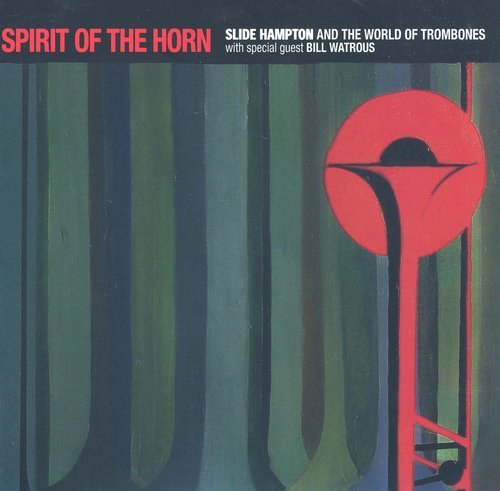Monday Michiru - Don't Disturb This Groove (2011)
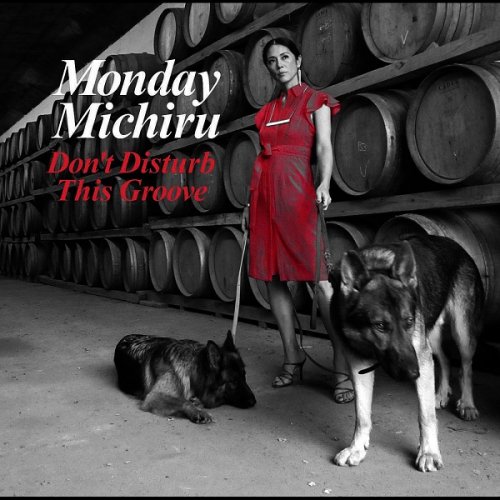
Artist: Monday Michiru
Title: Don't Disturb This Groove
Year Of Release: 2011
Label: Grand Gallery
Genre: Jazz, Funk, Soul
Quality: FLAC (tracks)
Total Time: 58:07
Total Size: 379 Mb
WebSite: Album Preview
Tracklist: Title: Don't Disturb This Groove
Year Of Release: 2011
Label: Grand Gallery
Genre: Jazz, Funk, Soul
Quality: FLAC (tracks)
Total Time: 58:07
Total Size: 379 Mb
WebSite: Album Preview
01. Ooh La La La (5:09)
02. I Can't Help It (5:05)
03. Um Amigo (4:47)
04. Best Of My Love (4:50)
05. You Are The Universe (7:14)
06. Dreams Of Tomorrow (4:54)
07. Don't Disturb This Groove (5:26)
08. As (8:32)
09. I Know You, I Live You (5:17)
10. No Woman No Cry (6:53)
Monday Michiru stands as one of Japan's finest soul and R&B singers of the 1990s and whose cosmopolitan sensibility and mixed nationality have made her stand out among her contemporaries. Regarded as one of the pioneers of Japanese club music, she was born in 1963 in Tokyo to pianist Toshiko Akiyoshi and alto sax jazzman Charlie Mariano but raised in the United States. Michiru originally kept her father's last name, then briefly adopted Michiru Akiyoshi as a screen name in the mid-'80s, but settled on her current name at the time of her debut album (Michiru is her middle name). Originally, she was an actress and first came to the public's attention when she was awarded a prize at 1987's Yokohama film festival for her performance in Hikaru Onna. But, come 1991, her attention had gone to composing music and performing, appearing in small Tokyo jazz clubs and releasing her first album Mangetsu. While it didn't sell millions, it did bring her to the attention of Tokyo's burgeoning dance and acid jazz scene and soon she was appearing on records by Mondo Grosso, DJ Krush, Kyoto Jazz Massive, and United Future Organization, and easily slotted into the model of the soul chanteuse, such as Jhelisa or Cassandra Wilson. Signed to Kitty Records, she released an album a year, including 1994's Maiden Japan and 1995's Jazz Brat, a maturation of her sound. Songs were still funky, but Michiru dabbled in hip-hop, rap, jazz ballads, Latin, and rock. Her lyrics are often probing examinations of culture in Japan, especially as it pertains to women. In 1997, she left Kitty for the larger label Polydor and also turned to composing and producing for other acts, including Yoko Oginome and UA, and occasionally appeared on the club circuit as a DJ. Her album Double Image is considered by many to be her finest works. In 1999, she ditched the heavy production for a stripped-down acoustic sound on Optimista. In 2001, she went on hiatus to start a family.
download flac
ISRACLOUD
ISRACLOUD
![Ra Kalam Bob Moses - Cozmic Soul Gumbo Remix (2026) [Hi-Res] Ra Kalam Bob Moses - Cozmic Soul Gumbo Remix (2026) [Hi-Res]](https://www.dibpic.com/uploads/posts/2026-02/1771155350_cover.jpg)

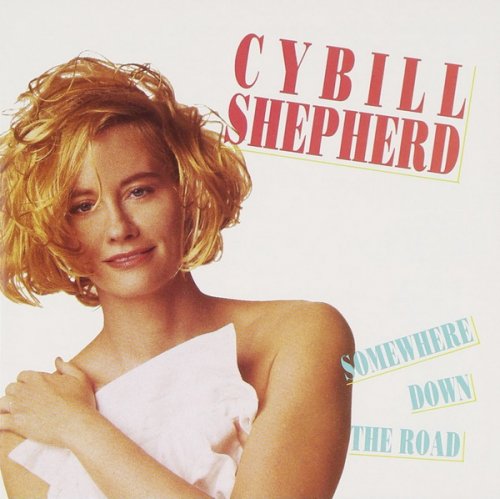
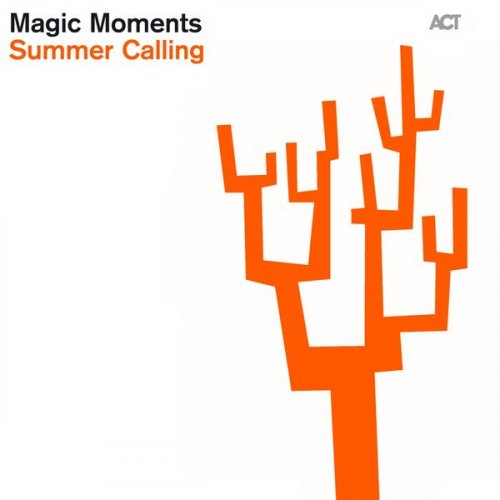
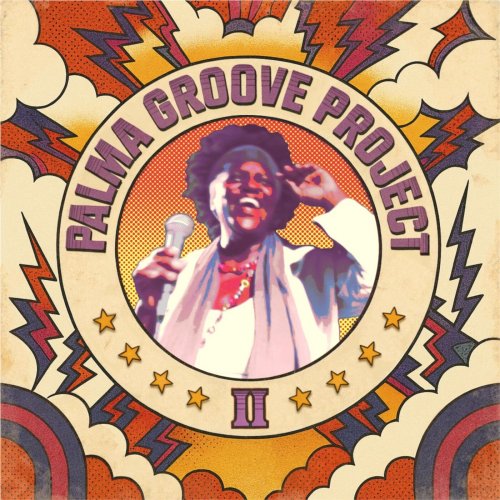

![The Seven Ups - Fight Night EP (2024) [Hi-Res] The Seven Ups - Fight Night EP (2024) [Hi-Res]](https://img.israbox.com/img/2026-02/15/1htr575jom9ce8gknmn3zynd6.jpg)
